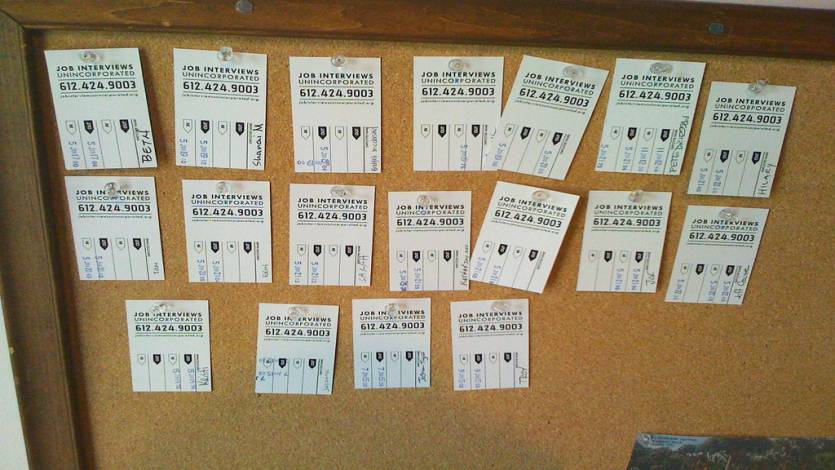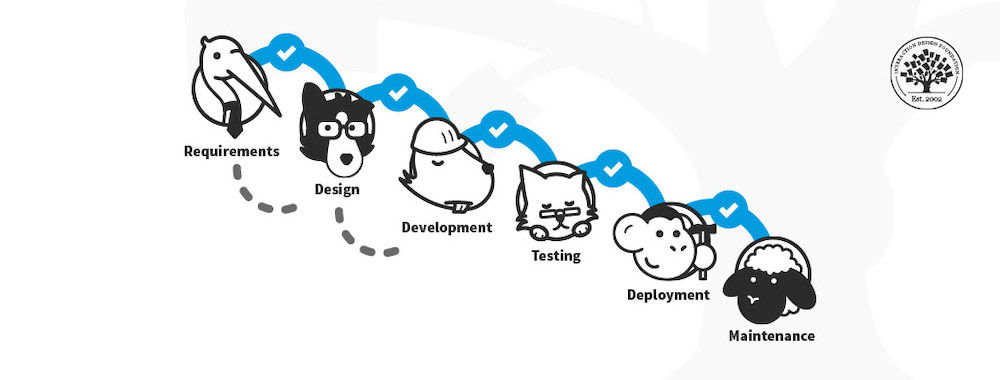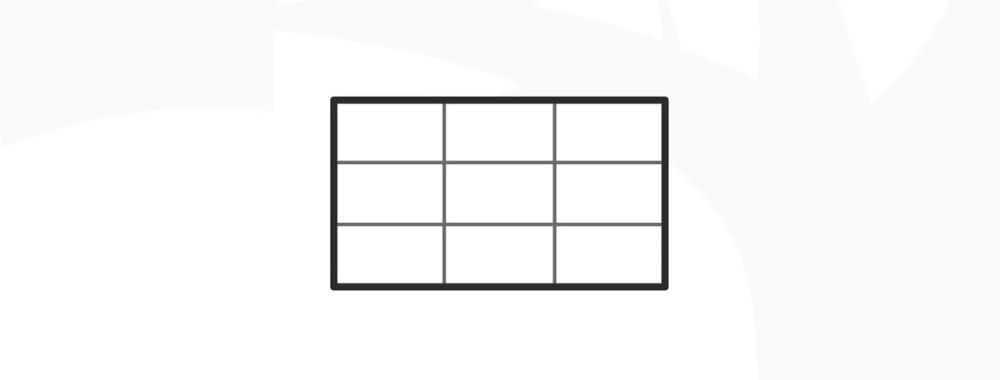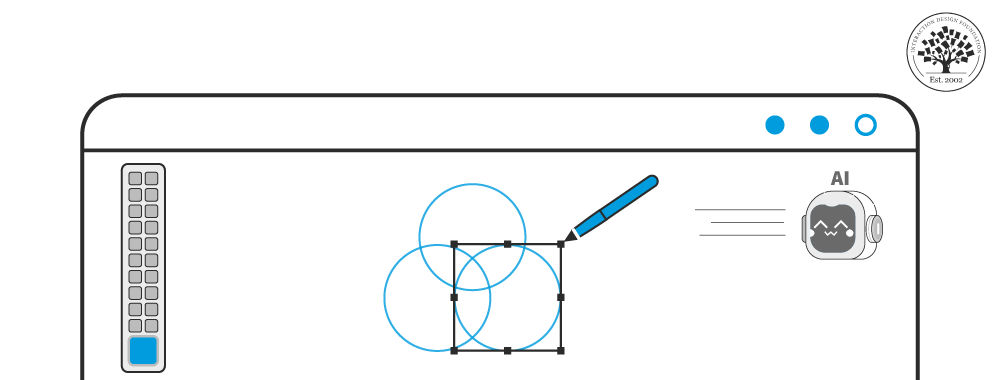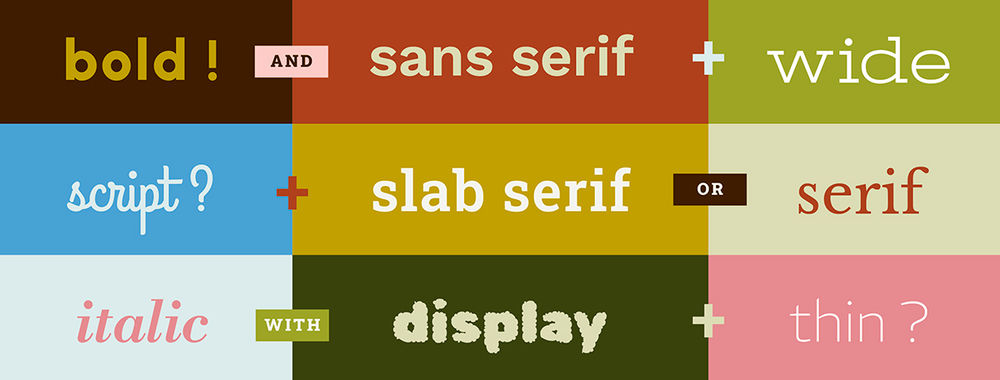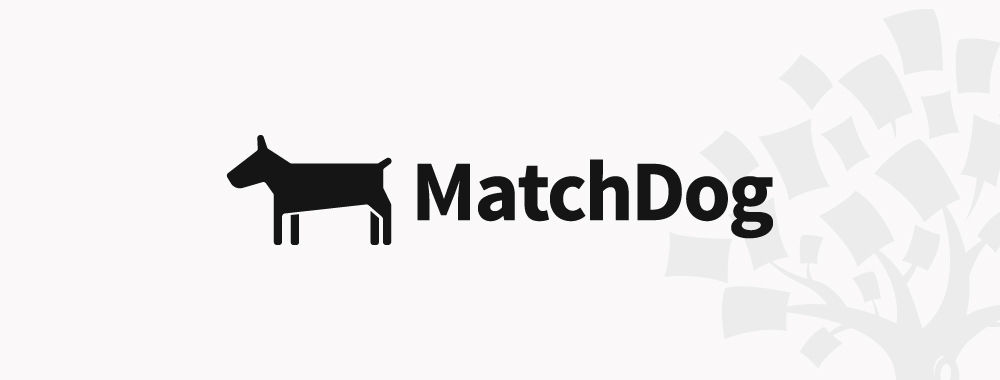Landing a job can be hard work and while it’s not possible to prepare for every curve ball that an interviewer throws at you – there are some common questions that you should be ready for. Today, we’re going to look at three of these questions and examine what it is that interviewers expect to learn from them and how you should approach answering them.
“Tell me about a UX project that you’ve worked on that didn’t go as well as you’d hoped.”
We can almost hear people freeze when they get asked this question and yet, it’s an interview staple. If you can make it through an entire series of interviews without hearing it; you have been blessed. Yet, this isn’t a difficult question to answer.
First, whatever you do – DO NOT pretend that you’ve never had a project that didn’t quite deliver on its initial promise. We know that this is really tempting; nobody wants to sit there and admit that they’re not a superstar with a magic wand when they’re at an interview. But that’s not going to help you out with this question.
Why? The reason that you’re being asked this question is not to embarrass you or to get you to admit that you’re human. It’s being asked to see whether you are capable of being genuinely self-critical and whether you are able to learn from adverse experiences.
They may also be looking to test how you work with other people; such as clients, internal stakeholders, other team members, etc.
Projects shift, flounder and nearly always come out with something useful at the end anyway. The trick here is to find an honest example that shows:
What went wrong
Why it went wrong
What you did to address that
How you communicated the issue
What you learned from that experience to deliver better projects in the future
A little humility and personal introspection will go a long way to delivering an answer that makes interviewers warm to you. Really, it’s just a twist on the old favourite; “Tell me about your weaknesses.” The key is to acknowledge the weakness and then offer a reason that this can also be a strength.
Making mistakes is a normal part of work life; how you handle them is what’s really important.

Author/Copyright holder: Unknown. Copyright terms and licence: Unknown Img source
“Give me an instance where you delivered something exceptional, something that made you really proud of the result.”
Note that the question here doesn’t contain “UX” at all. While it’s perfectly OK to focus on UX in your answer; it’s all perfectly OK to step out into the wider realms of your life.
What the interviewers are looking for in this question is evidence of humility, an ability to acknowledge the contributions of others to any given success, and to be able to see what motivates, inspires and drives you.
This question is great because it allows you to create a personal connection with the interviewer. Your response should not be boastful but rather incorporate something that you’ve done where it’s clear to the interviewer that pride in an achievement is justifiable.
Talk about what led up to the achievement. Why it mattered to you. Focus on how other people helped you achieve your objective and give credit where credit’s due – this could be to team mates, leaders, trainers, or friends and family. Talk about any challenges you faced and what you did to overcome them.
Always be specific when it comes to handling this kind of question. Give plenty of detail and tell an enduring story. You’d hope that if you deliver this answer right – that the interviewer will instantly be able to recall this story when your name is mentioned (and for the right reasons).

Author/Copyright holder: Izquotes.com. Copyright terms and licence: All rights reserved Img source
“Walk me through a recent project you’ve worked on.”
You should be aware that your portfolio may not be unique. If you work in a team, it’s quite possible that other members of that team have applied for the same role and have included similar work in their portfolios. That’s OK by the way; interviewers in the UX field are quite aware that it takes more than one person to deliver many projects. They expect to see these similarities and aren’t going to be automatically assuming that there’s some kind of dishonesty at play.
However, keeping in this mind. You need to be very clear about your contribution to the project and what others have contributed to the project when you answer the question.
The interviewers are going to be looking at your ability to acknowledge the different people in your team and how they helped deliver the end result. They’ll also be examining your “cultural fit” for their company at this stage. The way you approach a problem and work with others to solve it is a vital part of the way you work.
They will also be looking at your objectives in the project and the final results. How did you measure these things? How did you communicate success or failure to the stakeholders or client? What didn’t go so well and what worked really well? What have you learned for your next project?
You should be prepared to have your decisions questioned as you walk through the process and be prepared to defend them. However, that defence should be a positive defence based on the thought processes applied by the team and not a combative discussion with the interviewer. Your attitude is also being assessed in this exercise.

Author/Copyright holder: IAAS. Copyright terms and licence: All rights reserved Img source
Summary
Different interviewers will be looking for different things. Not every stock question has a relevant stock answer for each interviewer. However, you can improve your chances of success at interview if you examine standard questions and think about what the interviewer may be looking for in a response.
Don’t script your responses. You’ll end up sounding like a robot. Do plan your responses though and have some key headlines in mind when you start answering these questions.
Header Image: Author/Copyright holder: Andrew Dayton. Copyright terms and licence: CC BY-NC-ND 2.0
